Salix’s natural bioengineering solutions, native plants & brushwood fascines, are used to prevent further erosion at West Thurrock
Restoring Saltmarsh Habitats to Prevent Erosion


Salix’s natural bioengineering solutions, native plants & brushwood fascines, are used to prevent further erosion at West Thurrock
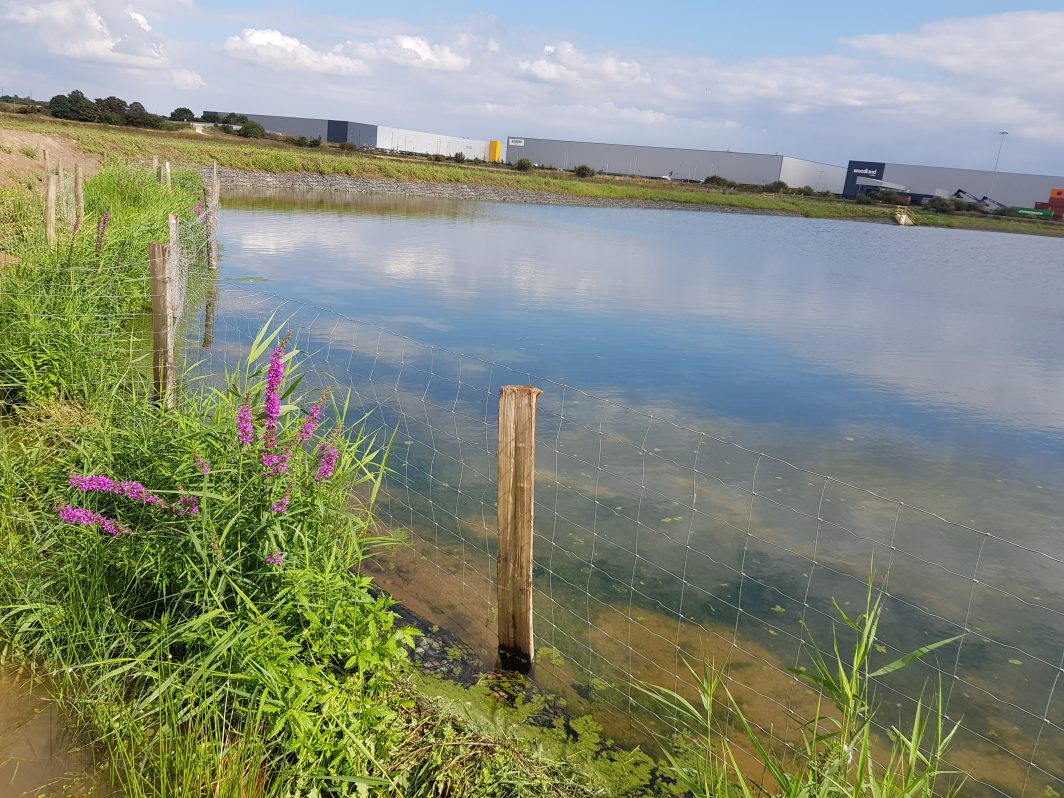
Wetlands were excavated as part of a large, new retail development near Doncaster. Once excavated, the embankments suffered from significant erosion due to sandy soils and wave action. The structural integrity of the embankment was at risk, which would lead to failure of a bund and continued erosion.
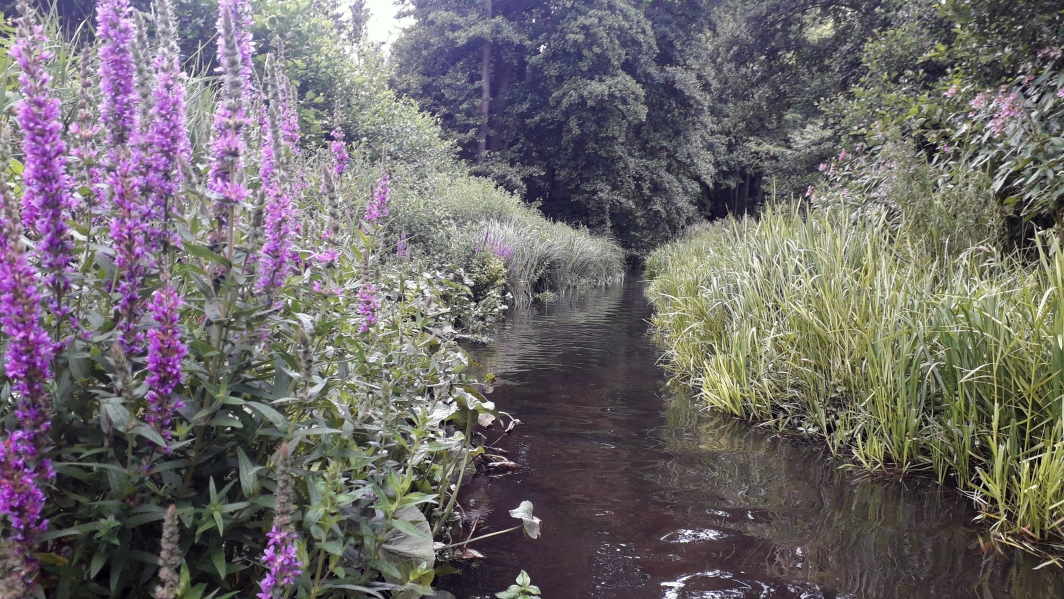
Salix were commissioned to restore part of the river Mimram whilst protecting the local population of water voles and increasing the biodiversity
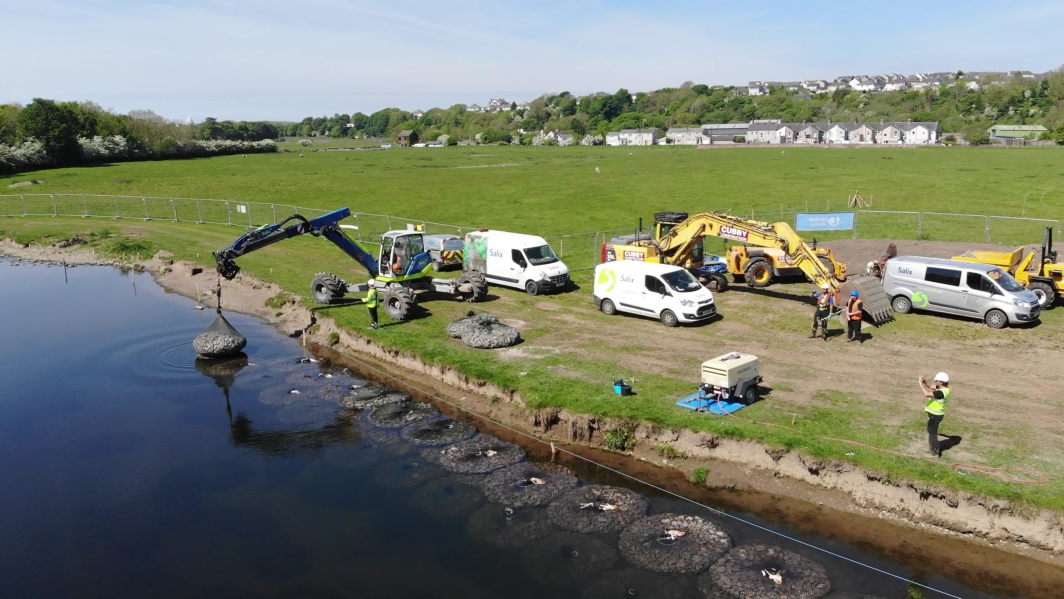
As an ecologically sensitive site the use of traditional hard engineered bank protection was not an option and Salix’s bioengineered designs were favoured.
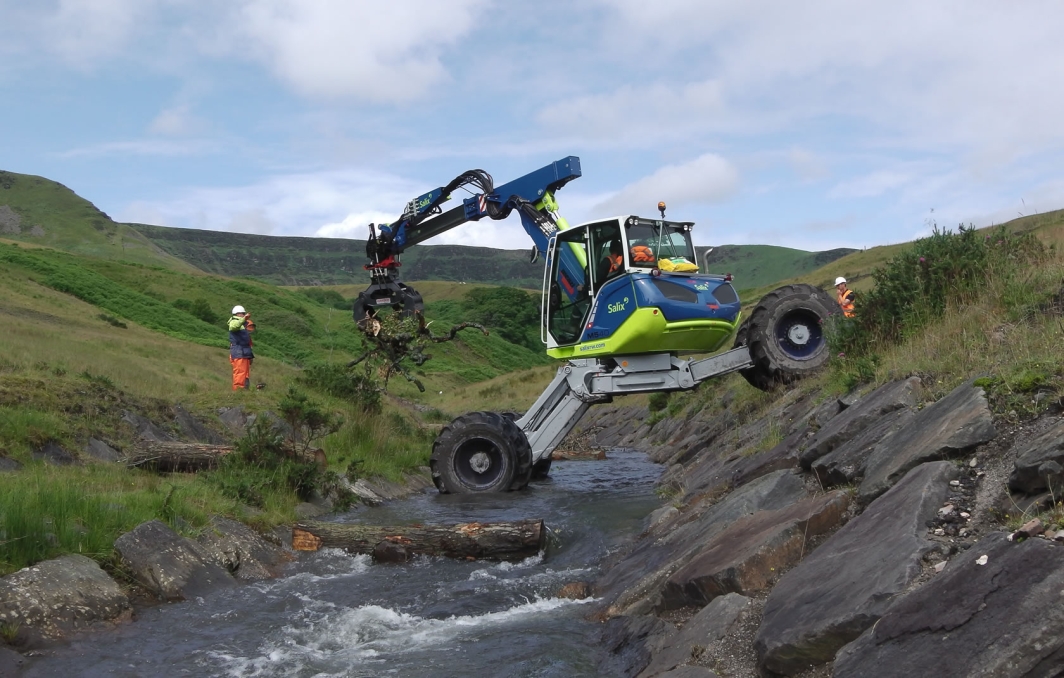
Salix worked with Natural Resources Wales at Cwmparc in the Rhondda Valley to renaturalise the water courses in order to reduce flood risk and increase biodiversity.

Desilting a large reservoir in the heart of London and creating a new wetland habitat. Dredging silts enabled us to create 13,000 square metres of new reed bed
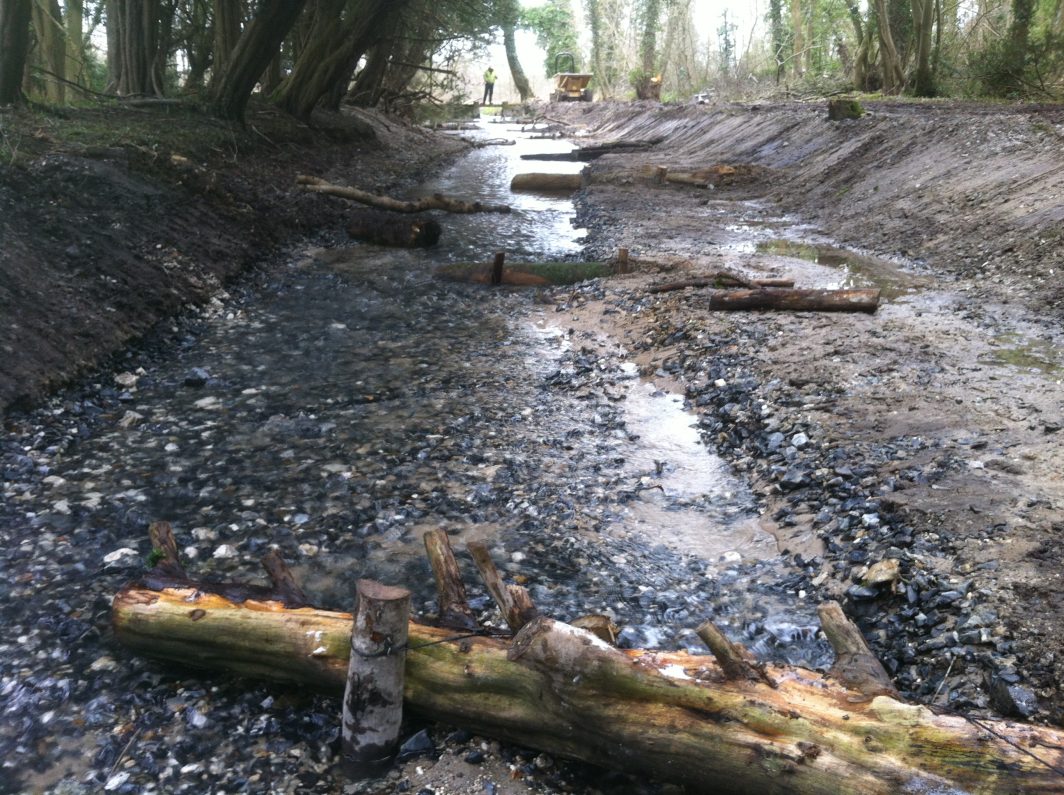
Salix has helped the Norfolk Rivers Trust to improve wildlife habitats on the chalk River Babingley, Hillington Estate near Flitcham, and River Nar at Pentney, near Kings Lynn.

Salix were awarded the contract and began works to carry out 300 metres of riverbank protection to protect this existing exposed high pressure gas pipe in March 2013.

The Wilderness Lake is an important coarse fishery and recreational resource on the edge of Porthcawl in South Wales. It also functions as a flood storage area for the surrounding urban areas.

The boating lake was a popular local attraction and fishing lake. The lake edges were in bad repair with little or no marginal vegetation. Floating islands were also required to add further habitat for fish and wildfowl.
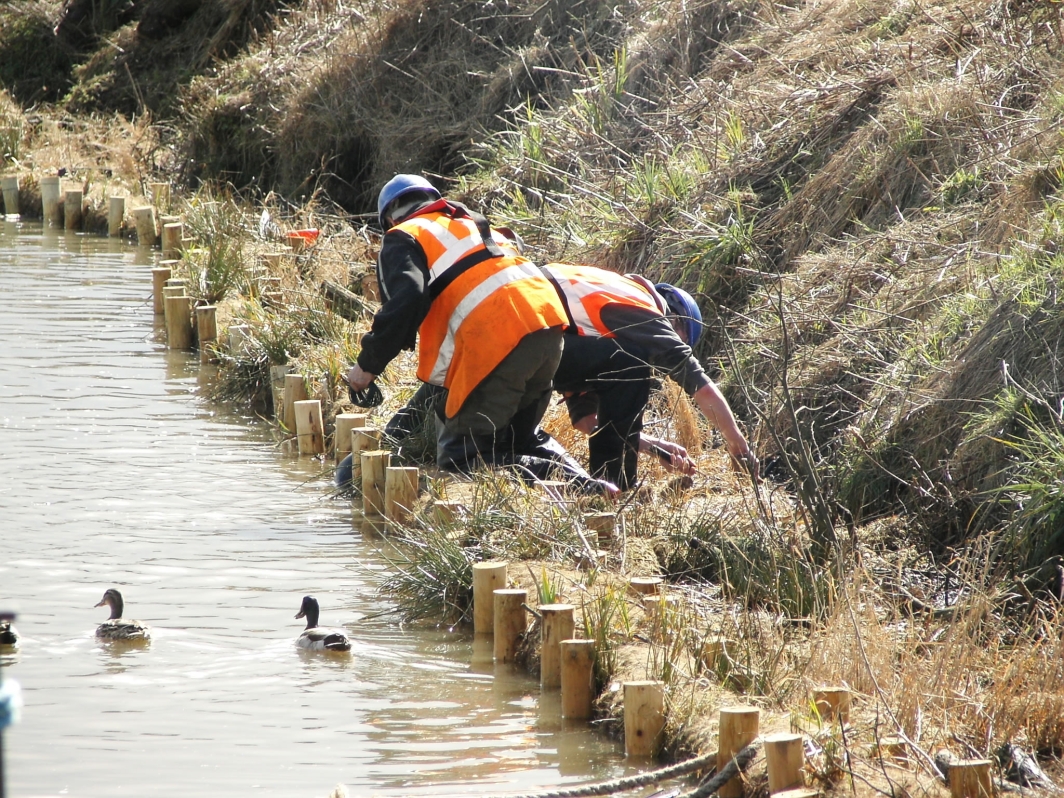
A rise in pleasure boating on the Foss resulted in severe boat wash. Monitoring revealed that the rate of bank erosion was up to 2.5 metres in a year over a 2km stretch.
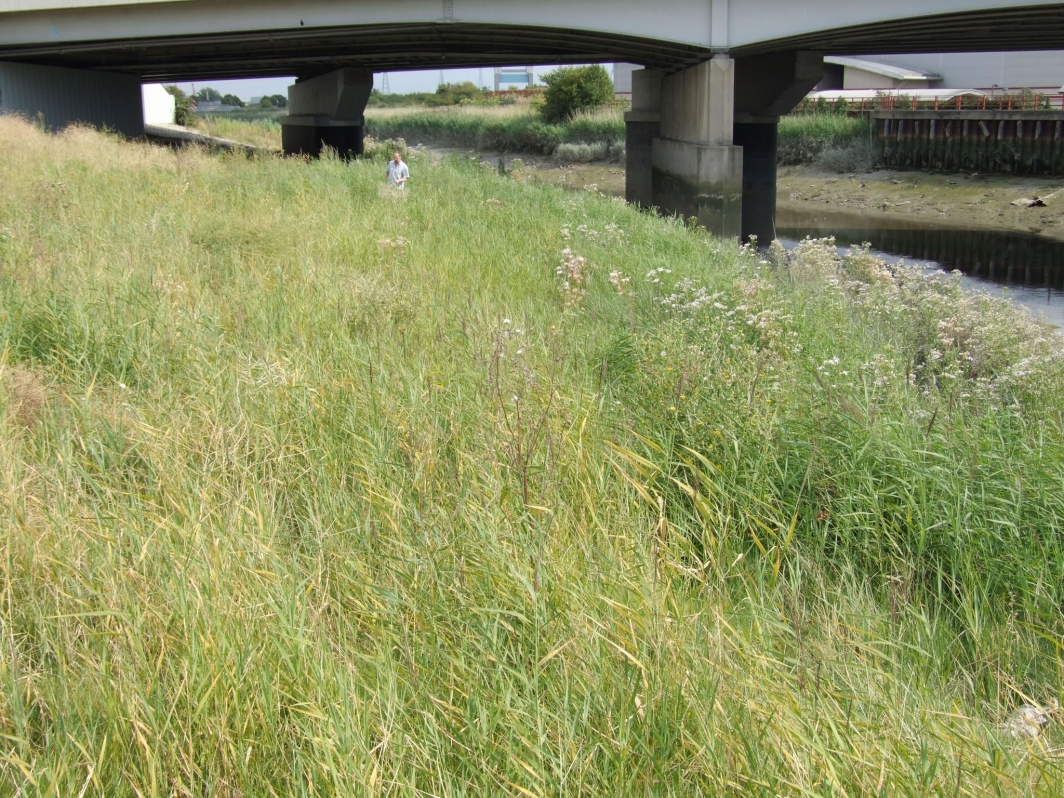
Salix advised engineers Halcrow on bioengineering methods to stabilise a regraded slope as part of an inter-tidal river enhancement project. The existing vertical retaining wall provided no habitat value.

The River Roding is an inter-tidal river and these works were undertaken 100m upstream of the Barking Barrier, Greater London. The works were part of an Environment Agency environmental enhancement project with both flood defence and nature conservation in mind.
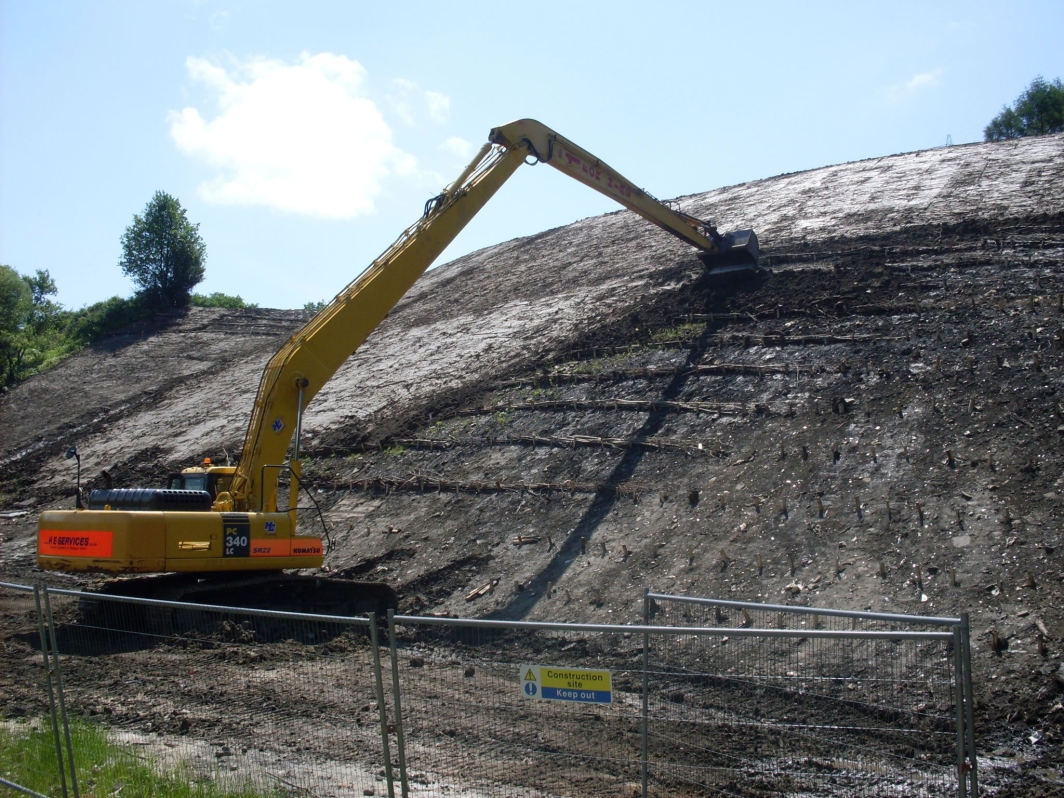
The finished slope was 36 degrees, 40 metres in height and 60m wide. 250mm depth of topsoil was required, rather than the nominal 50-75mm, as cover for marginally contaminated on site fill material.

Salix were employed by main contractor Casey to undertake the restoration work to Beacon Pool for Lichfield Council on this Heritage lottery funded project.

Salix successfully tendered for a pilot project to improve marginal vegetation along the River Wandle. The project formed part of a wider scheme to reintroduce water vole to the river.

A two hectare area of open water had extensive embankment erosion due to massive populations of Canada Geese which created public health & safety issues.

An important water vole site at Soham Lode required emergency re-lining of the perched section of the reach (approximately 600m) Following the emergency works, Salix were awarded a Design & Build contract on a competitive bid process…
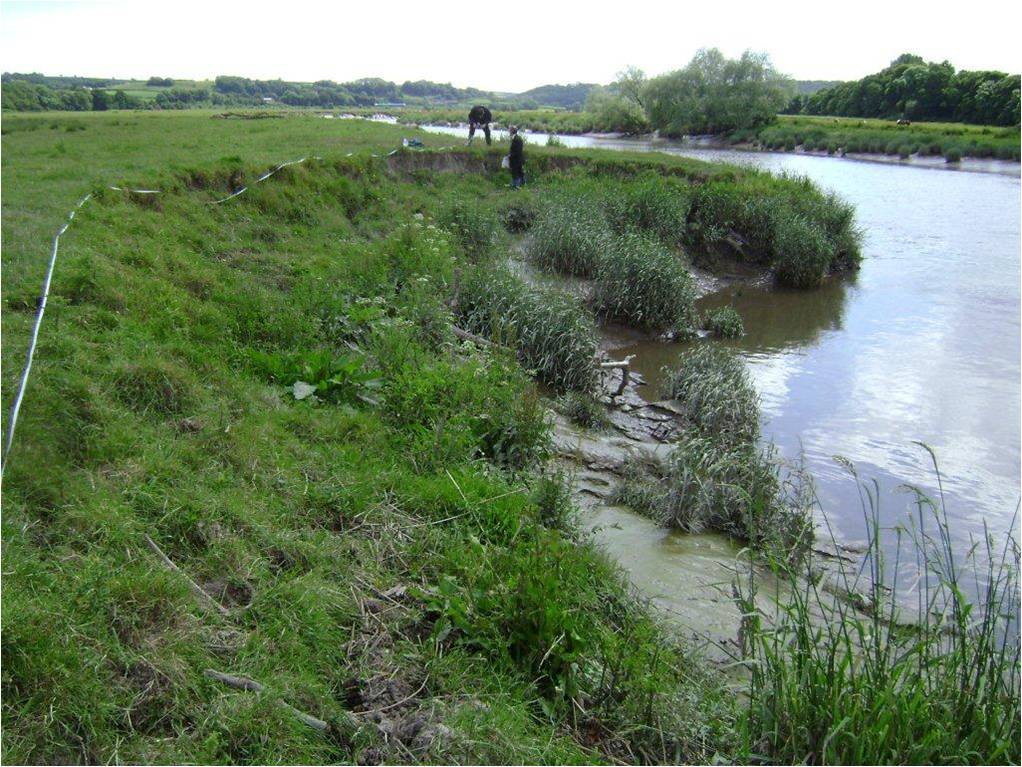
Salix were awarded a design and build contract to prevent further erosion of a section of the riverbank and reinstate a scour hole threatening a high pressure gas pipeline on the River Tywi.